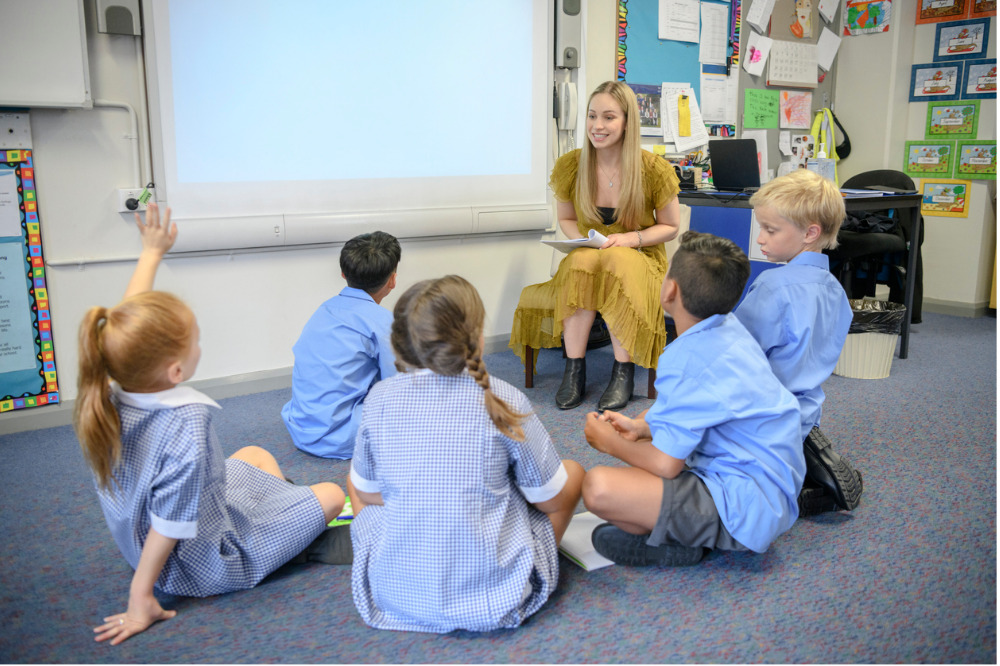
A new report from Flinders University has criticised the South Australian Department for Education for its narrow focus on NAPLAN results, declaring that the department’s “world class” agenda is detrimental for schools.
The agenda in question refers to the department’s plan to elevate the South Australian education system to a world class standard by 2028. Adopted from an education model developed by McKinsey, the plan is centred on NAPLAN results that researchers said is unable to account for the individual needs of students and educators.
“It’s time to rethink the ‘world class’ aspiration that is currently based on narrow NAPLAN growth metrics and instead pursue a high equity inclusive education system,” said Dr Andrew Bills of Flinders University’s College of Education, Psychology and Social Work.
Bills co-authored the report with Nigel Howard, who is affiliated with both Flinders and the University of South Australia.
In the report, the two authors argued that the department’s current model leaves low ranking schools at a disadvantage, further limiting accessibility to quality education. They added that the growth metrics on the department’s McKinsey-inspired scale unwittingly incentivises school exclusion, with students scoring low in NAPLAN tests potentially getting left out and seen as inconvenient to the overall success of a school.
“Under a World Class system, principals will fare better, career-wise, if lower results and/or more troublesome students drop out of schooling or are removed from the NAPLAN tests,” said Bills.
The authors also shared their concerns regarding teacher innovation under the department’s current plan, saying that a narrow focus on NAPLAN results leave little room for diverse pedagogies that better respond to the social and cultural needs of students.
Based on these points, the report’s authors offered 10 recommendations that would push South Australian education to a more flexible and inclusive approach to learning. These include a call for schools to be given back authority over curriculum development and a reconfiguration of policies to align with the Alice Springs (Mparntwe) Education Declaration and its goals of school equity and inclusion.
“Our research has shown that Catholic and independent schools have the freedom and authority to be leaders in change. We need to give this same freedom back to our public school leaders and teachers as well. Given the gap between the educational outcomes of students from high- and low-socioeconomic backgrounds continues to increase, change is needed and is now more urgent than ever,” said Halls.
The report, titled It’s Time to Reflect: What is the cost of the South Australian Education Department’s pursuit of becoming a “World Class” Education System by 2028, can be read in full here.


